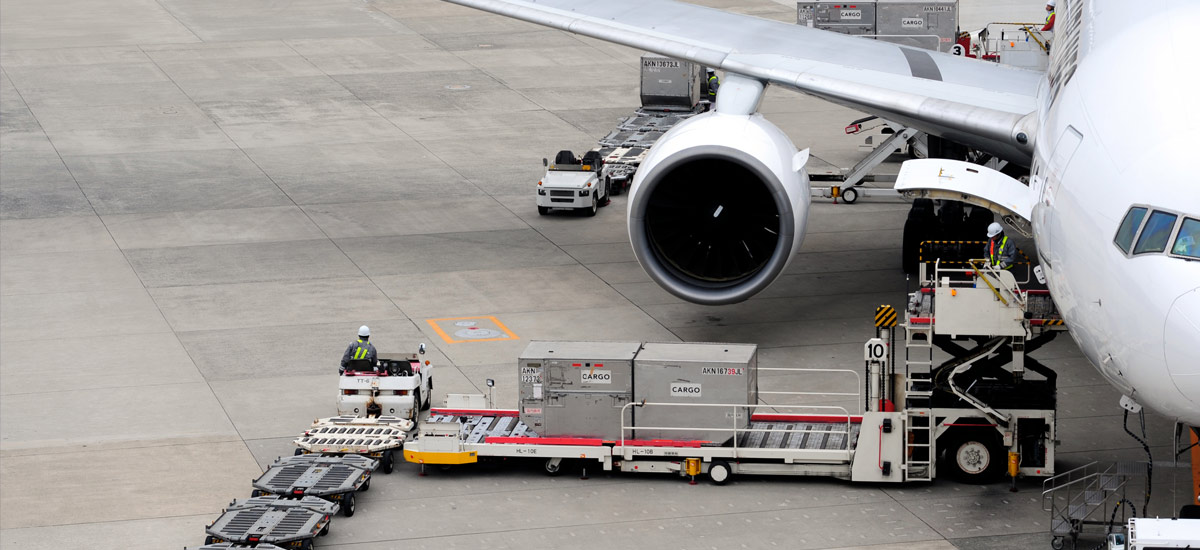
Resolve Magazine Fall 2023 >> Making Sense of Machine Learning >> Stories >> Guiding manufacturing principles
![]() Sheet extrusion is a technique for making flat plastic sheets that are then cooled between rollers that exert high closing forces. The process can be used to create rolls of reinforced thermoplastic composite products with impact-resistant properties used in infrastructure construction, aerospace, and thermal insulation.
Sheet extrusion is a technique for making flat plastic sheets that are then cooled between rollers that exert high closing forces. The process can be used to create rolls of reinforced thermoplastic composite products with impact-resistant properties used in infrastructure construction, aerospace, and thermal insulation.
“The mechanical properties of the sheets produced are dependent on the composition of the raw material and process variables,” says Ganesh Balasubramanian (pictured below), an associate professor of mechanical engineering and mechanics. “In particular, challenges exist in limiting head pressure variations because of alterations in raw material composition, as well as ensuring stability and process repeatability for the continuous manufacture of high-quality products.”
 Balasubramanian’s team is working in tandem with Impact Guard, a Pennsylvania-based manufacturer of advanced fiber-reinforced thermoplastic composite products, to develop a machine-learning-informed strategy that can be integrated into the company’s sheet-extrusion platform. They hypothesize that the model will generate valuable insight into the process-structure-property interrelationship underlying the thermoplastic composite products. Knowledge that, when used in conjunction with experimental analyses, will enable the creation of stable, high-quality sheets with enhanced mechanical strength, toughness, and environmental resistance.
Balasubramanian’s team is working in tandem with Impact Guard, a Pennsylvania-based manufacturer of advanced fiber-reinforced thermoplastic composite products, to develop a machine-learning-informed strategy that can be integrated into the company’s sheet-extrusion platform. They hypothesize that the model will generate valuable insight into the process-structure-property interrelationship underlying the thermoplastic composite products. Knowledge that, when used in conjunction with experimental analyses, will enable the creation of stable, high-quality sheets with enhanced mechanical strength, toughness, and environmental resistance.
“The ML-guided approach will transcend the domains of thermoplastic composite applications and have far-reaching implications for accelerated and cyber-enabled manufacturing across the gamut of industries,” he says. “The predictive processing paradigm developed through this project will be widely applicable to an array of material systems, and bolster advanced manufacturing processes with optimization capabilities.”
Main image: monjiro/Adobe Stock



